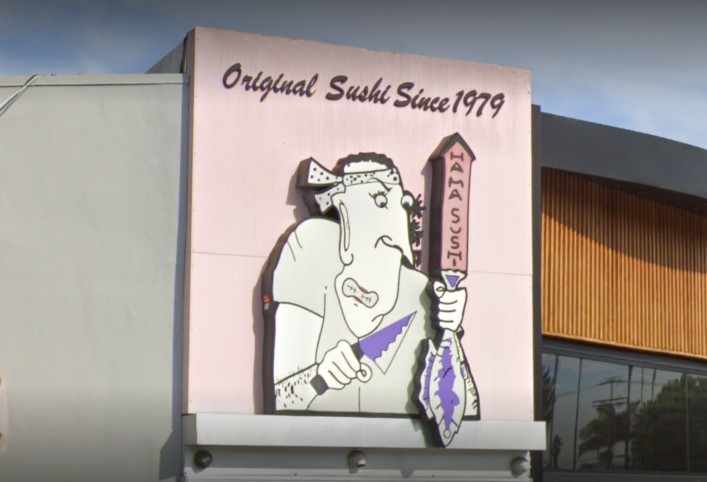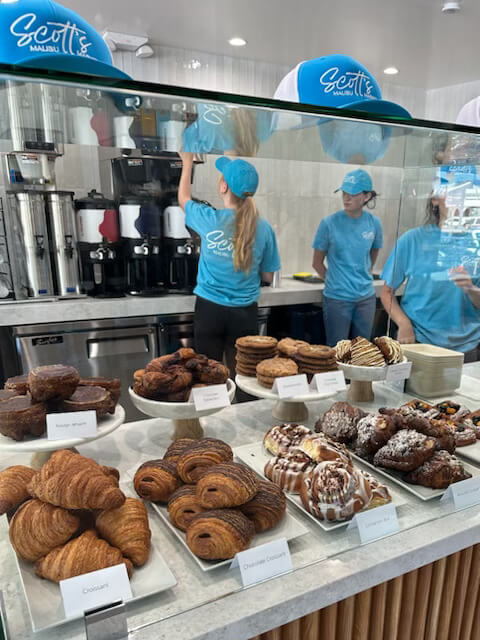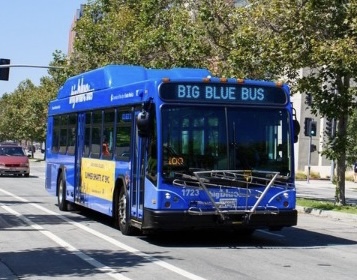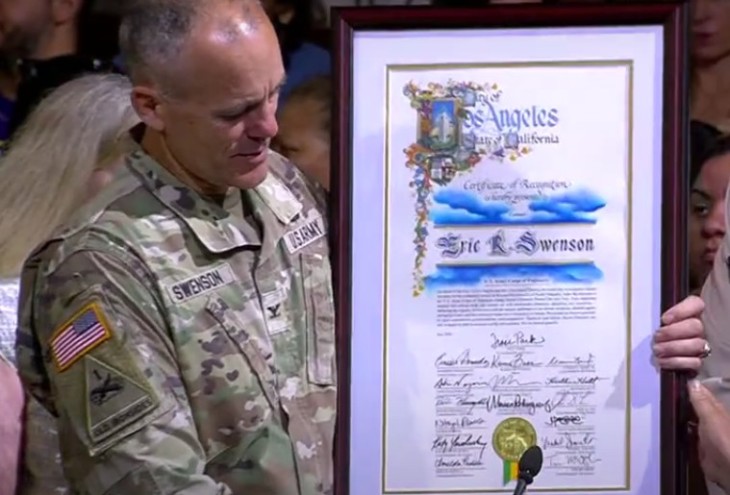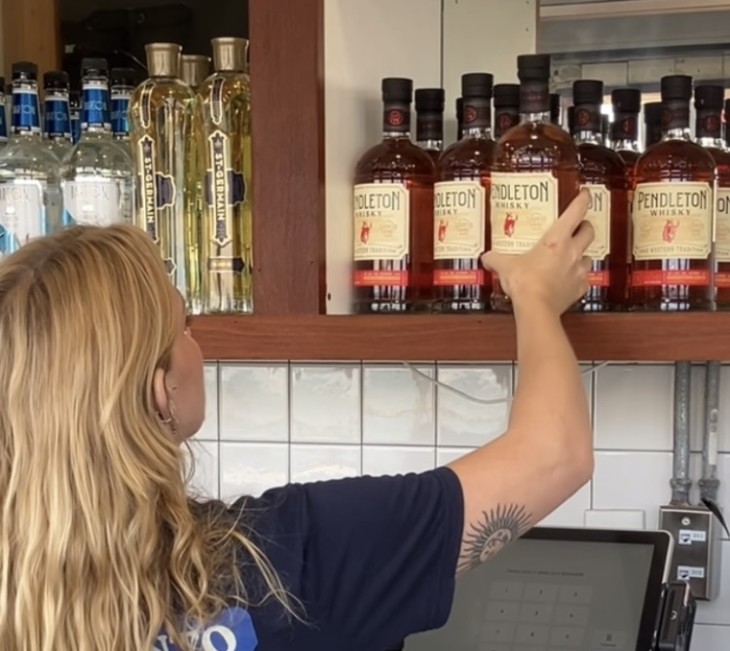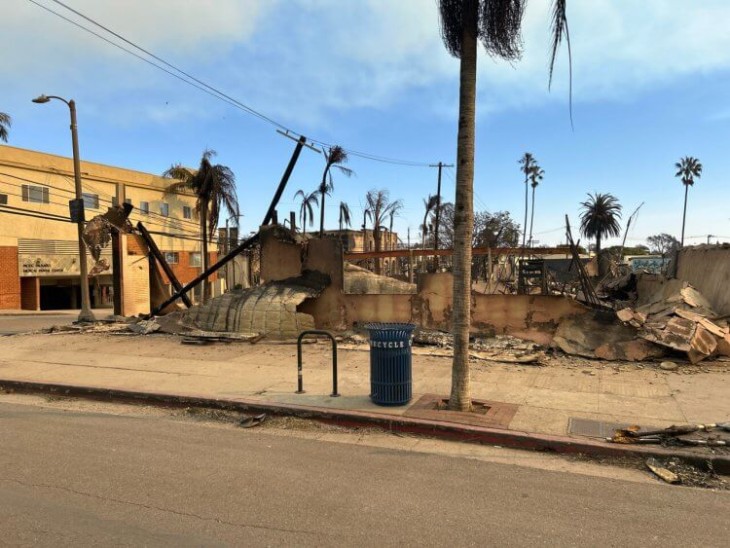What if California voters repealed a law, but it remained the law anyway?
That’s a situation the state may soon face if a yet-unnumbered proposition aiming to repeal a 2014 statewide ban on plastic grocery bags should pass in November. The statewide law also requires stores to offer paper bags for at least 10 cents each.
The bottom line on this referendum measure, which qualified for the ballot within a mere five months of when legislators passed the plastic bag ban, is that it likely won’t matter much.
In fact, there’s little effect from the fact that the state ban is not in force today, almost two years after it passed. Any law challenged by a referendum gets suspended until the outcome of the vote is official.
There’s a pretty simple reason why neither the vote nor the law’s suspension matters much: Many local governments have their own bans in place, 146 cities and counties – about one-third of all California communities, containing a large majority of the populace. Repealing the state law would not affect those laws.
Try to get a supermarket plastic bag in any of California’s largest cities. Can’t do it in Los Angeles, or in San Francisco, or anywhere in Los Angeles County, or many others.
This infuriates makers of plastic bags, which have pretty much disappeared from the shoulders of major highways they once littered.
Grocers at first opposed the plastic bag bans, protesting the inconvenience to themselves and their customers from forcing consumers to bring their own bags or buy paper ones at checkout counters. They’ve been converted and now support the bans.
“Early polling is that consumers are adapting to no plastic bags,” Ronald Fong, head of the California Grocers Assn., told a reporter. “It’s really unfortunate that out-of-staters are sinking millions of dollars into telling us that we’re wrong here in California.”
Altogether, more than $4 million has been raised to fight the statewide plastic bag ban, only a small fraction of it raised in California. An industry association, the American Progressive Bag Alliance, which represents the plastic bag industry nationally, raised more than $4 million from its members shortly after the state ban passed. None came from California.
Contributors were led by South Carolina’s Hilex Poly ($1.9 million), with companies like Superbag (Texas), Advance Polybag (Texas) and Formosa Plastics (New Jersey) also among big donors.
“We believe California voters share our concerns and will make their voices heard at the ballot box,” the pro-plastic alliance’s director, Lee Califf, said in a statement. The statewide ban, he said, threatens thousands of jobs and will have “no meaningful effect on the environment.”
While removing the statewide ban would not kill any of the local ones, it could perpetuate some confusion, as the state law was intended to standardize regulations that differ slightly among localities.
What’s more, say backers – state and local – the bag bans are taking millions of unneeded bags off the street. “When they have to pay, customers avoid buying the bags,” Mark Murray, executive director of the group Californians Against Waste, said recently. He cited figures showing the number of grocery customers buying no bags (usually because they’ve brought their own) has jumped from about 10 percent to more than 35 percent.
Califf and the pro-plastic group maintain the bag ban and fee have been “a massive, billion-dollar giveaway to grocers under the guise of environmentalism.” The plastics alliance hopes to qualify a second measure for a November vote, earmarking the 10-cent bag fees for environmental causes rather than letting grocers keep them. The state legislative analyst estimates this could provide $10 million or more to such causes, but nowhere near billions.
The bottom line on this is that aside from any environmental benefits of banning plastic bags, this has devolved into a fight between two well-heeled interest groups: Grocers now love the ban on plastics because it gives them a new revenue source while they no longer must buy plastics. Meanwhile, the plastic bag companies desperately want back into the huge California market, something that’s looking more and more like a pipe dream.

